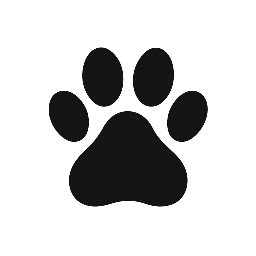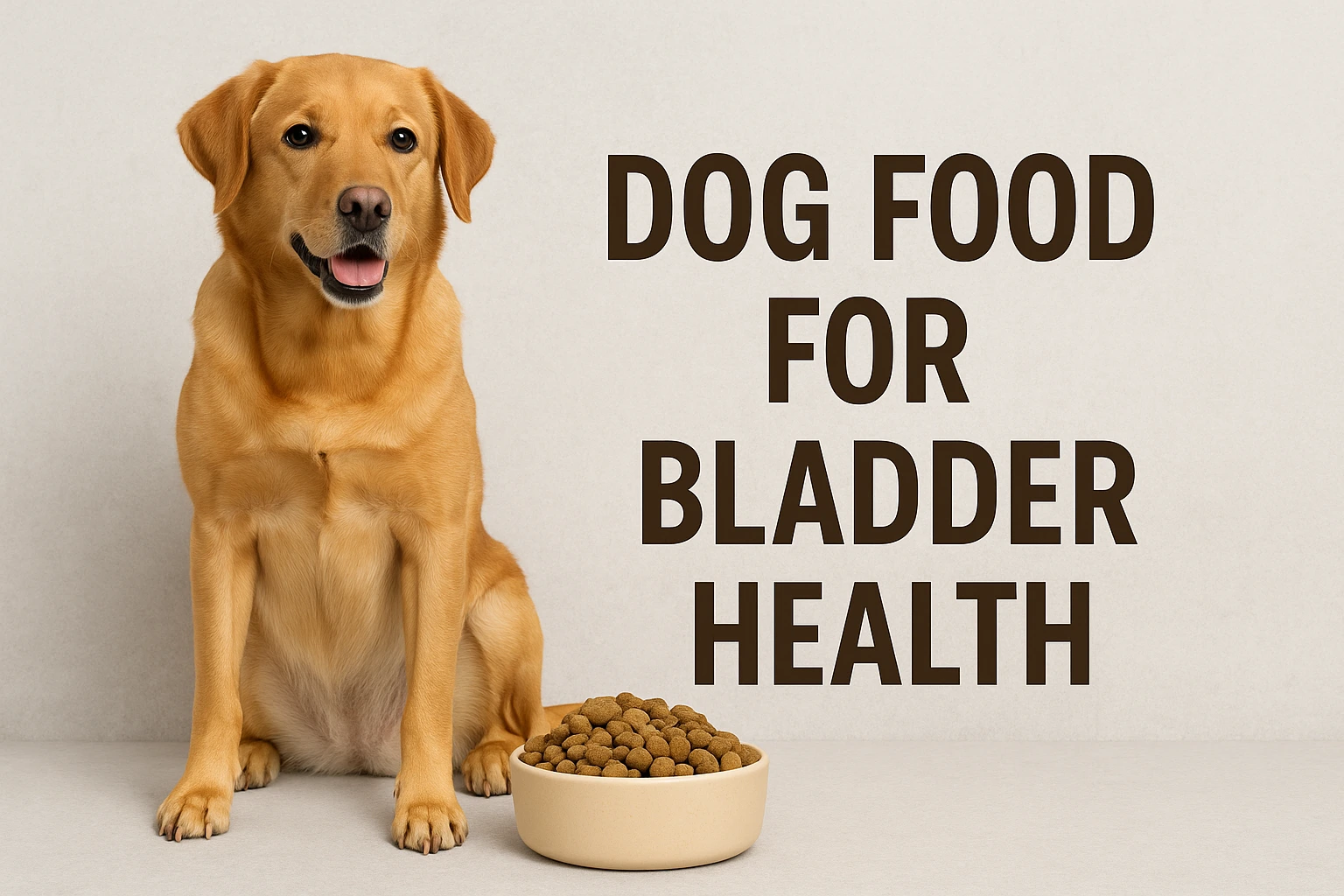The cutest animal in the world for me is a dog. Loyal, intelligent, and always full of love, dogs make our lives brighter every day. But just like us, dogs also face health issues. One of the most common problems in dogs is bladder health issues. Stones, infections, and urinary problems can make their life painful. And as a pet parent, nothing hurts more than seeing your best friend in pain.
The good news? A big part of bladder health comes from the right dog food. Yes, what your dog eats every day can either prevent bladder problems or make them worse. That’s why today, I will share a complete guide on dog food for bladder health in simple, easy words.
Best Dog Food Ingredients for Bladder Health
When buying dog food, check the ingredients. These are some of the best for supporting urinary and bladder health:
- High-quality protein – Chicken, turkey, salmon (helps muscle without overloading kidneys).
- Cranberries & Blueberries – Natural antioxidants, fight bacteria, and improve urinary tract health.
- Pumpkin – Rich in fiber, supports digestion and bladder function.
- Low magnesium & phosphorus – Helps reduce crystal and stone risk.
- Omega-3 fatty acids – Reduce inflammation in urinary tract.
- Added moisture – Wet food or broth keeps urine diluted.
Why Bladder Health Matters in Dogs
The bladder plays an important role in your dog’s body. It stores urine and helps flush out waste and toxins. But when the bladder is not healthy, problems like:
- Urinary tract infections (UTIs)
- Bladder stones
- Crystals in urine
- Frequent accidents or painful urination
can happen. These issues don’t just cause discomfort. If ignored, they can become life-threatening. That’s why vets often say: “Bladder health starts with diet.”
How Diet Affects Bladder Health
Food is fuel. But the wrong fuel can damage the engine. Similarly, poor-quality dog food can increase the chances of bladder stones or infections. Here’s how diet connects to bladder health:
- Mineral Balance – Too much magnesium, calcium, or phosphorus can cause crystals and stones.
- Hydration – Some foods help your dog drink more water, which keeps urine diluted and prevents stone formation.
- pH Level of Urine – The acidity of urine changes depending on diet. Balanced food helps maintain the correct pH level to avoid crystals.
- Weight Management – Overweight dogs are more likely to face urinary problems. Healthy food keeps weight under control.
Signs Your Dog May Have Bladder Issues
Before talking about food, you should know the warning signs. If your dog shows these symptoms, bladder health may be the problem:
- Peeing more often than usual
- Straining or crying while urinating
- Blood in urine
- Accidents in the house
- Licking private parts too much
- Strong smell in urine
If you notice any of these, visit a vet immediately. And yes, change in diet will be part of the treatment.
Foods to Avoid for Dogs with Bladder Issues
Not every ingredient is good for bladder health. Avoid these if your dog has urinary problems:
- Too much red meat (increases uric acid levels)
- High-sodium foods (cause dehydration)
- Artificial preservatives and colors
- Excess grains and fillers (like corn and soy)
Types of Dog Food for Bladder Health
There are different types of dog food designed for urinary support. Let’s understand them:
1. Veterinary Prescription Diets
These are special foods made for dogs with serious bladder problems. Brands like Hill’s Prescription Diet c/d or Royal Canin Urinary SO are famous. They control minerals, balance pH, and dissolve some types of stones.
2. High-Moisture Wet Foods
Canned or wet dog food adds extra water to your dog’s diet. This keeps urine diluted and reduces the chance of stones.
3. Homemade Dog Food (Vet-Approved)
Some owners prefer cooking for their dogs. Boiled chicken, rice, pumpkin, and veggies (with vet guidance) can work wonders. But balance is key.
4. Natural/Grain-Free Diets
Some natural formulas with cranberries, blueberries, and pumpkin can support bladder health. But always check mineral levels.
Home Tips Along with Dog Food
Food is important, but daily habits also play a role.
- Keep fresh water always available – Hydration is #1 rule.
- Use a pet water fountain – Dogs love running water, they drink more.
- Frequent bathroom breaks – Don’t make your dog “hold it” for too long.
- Regular vet check-ups – Early detection saves lives.
Let me share a small story. My friend had a beagle named “Rocky.” Rocky suddenly started having accidents in the house and cried while peeing. The vet found bladder crystals. My friend was heartbroken, thinking surgery was the only option.
But the vet suggested a prescription urinary dog food and lots of hydration. Within weeks, Rocky was better. His energy came back, accidents stopped, and today he’s a happy tail-wagging boy.
This shows how right food can change everything.
Conclusion
Dogs trust us with their health. A wrong diet can silently harm their bladder, while the right food can save them from pain and surgery. If your dog has urinary issues, don’t ignore the signs. Choose bladder-friendly food, keep them hydrated, and consult your vet.
At the end of the day, our furry friends deserve a happy, healthy life. And that starts with the food we put in their bowl.
FAQs
Can normal dog food prevent bladder stones?
Not always. Special formulas are better for prevention if your dog is prone to stones.
Is homemade food safe?
Yes, but only if guided by a vet. Balance is critical. Too much of one nutrient can harm.
Do female dogs need bladder-support food more than males?
Females get UTIs more often, but both males and females can face bladder problems.
How fast can diet improve bladder health?
In some cases, improvement starts in 2–4 weeks. But for stones, it may take months.


Leave a Reply